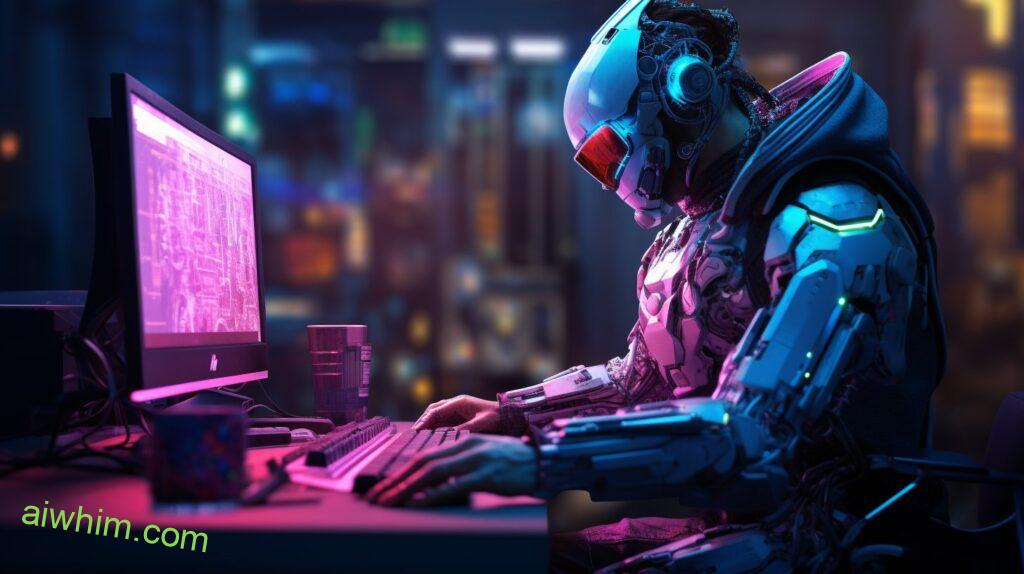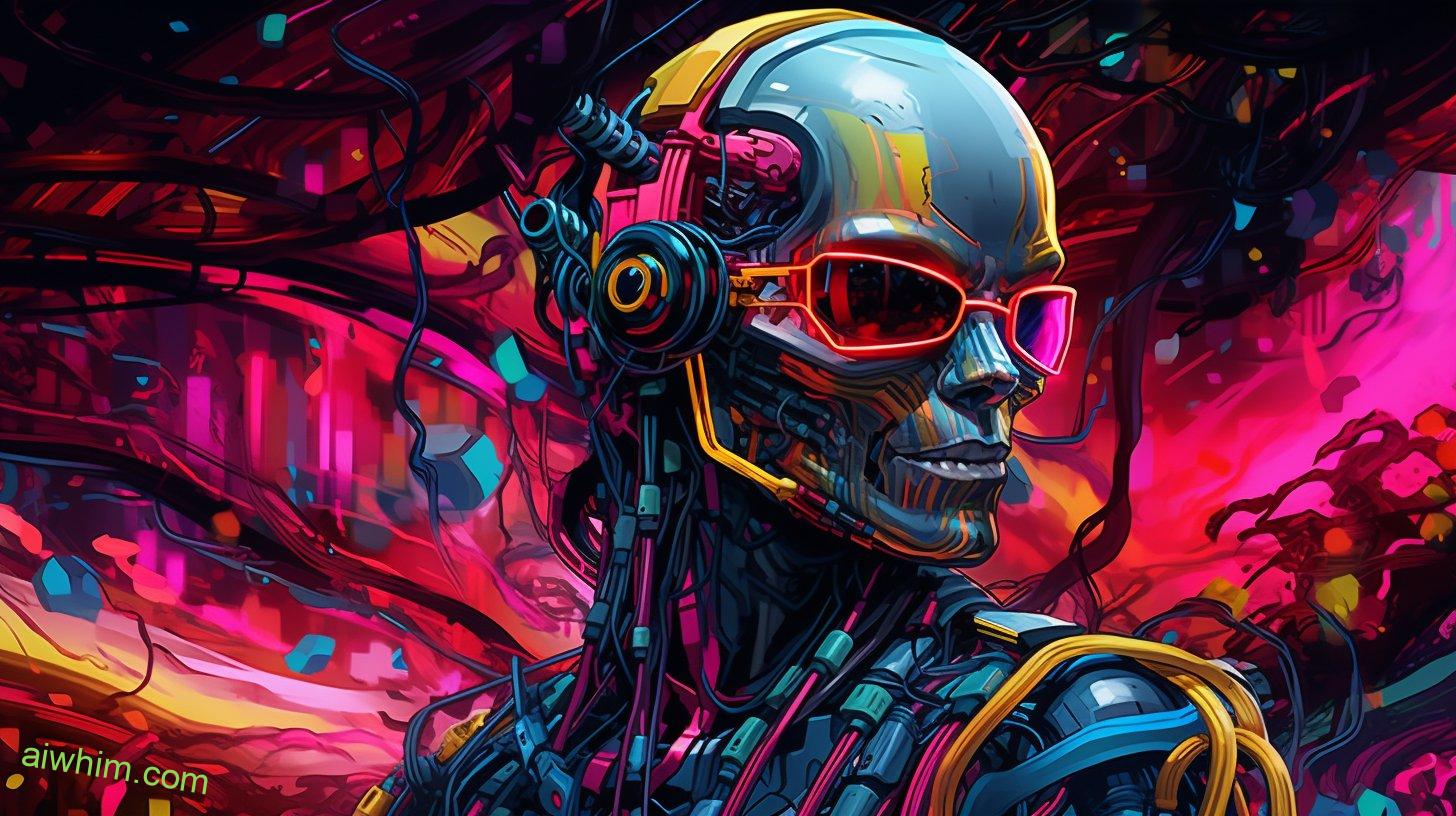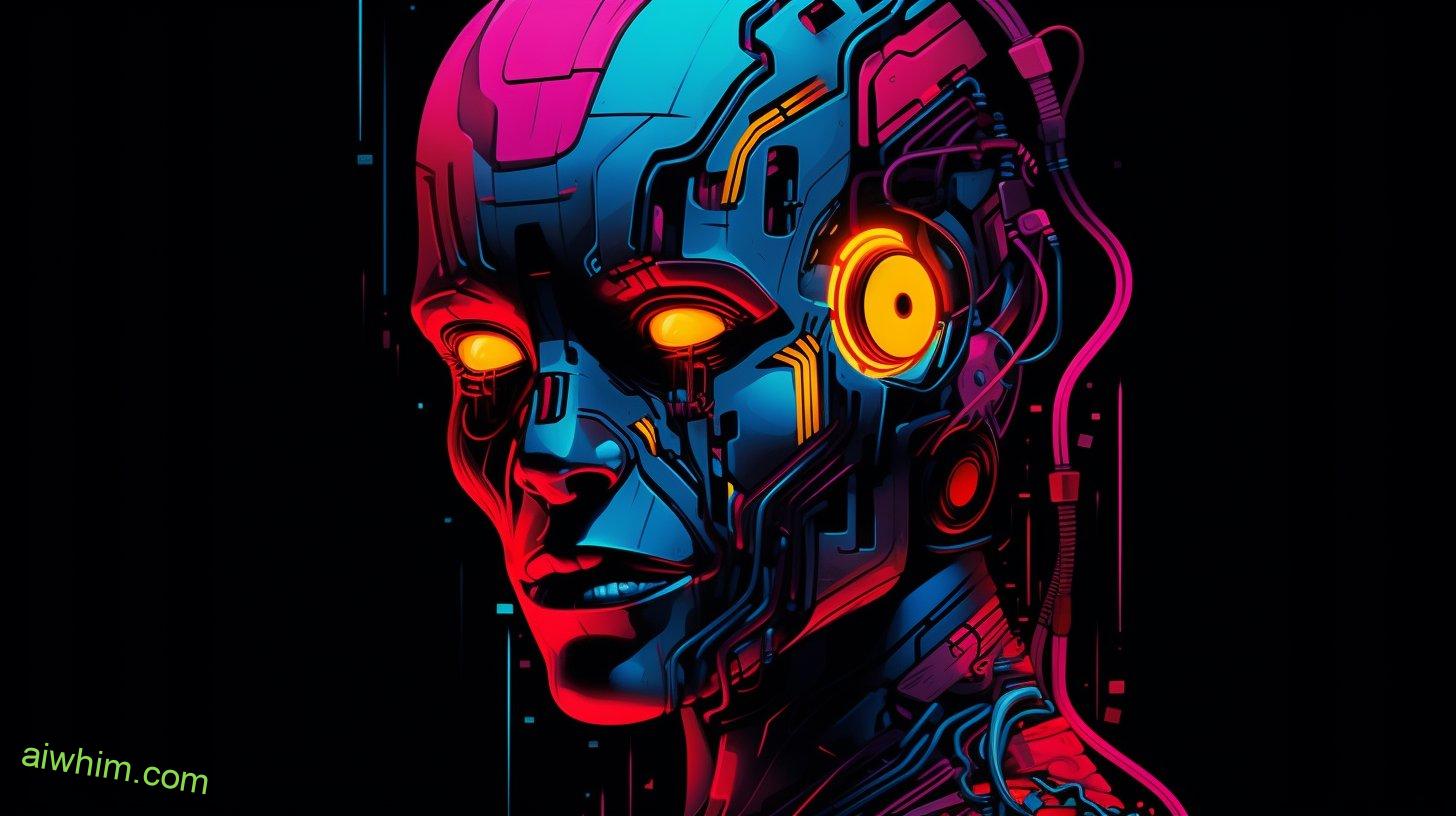Are you ready to explore the fascinating world where AI takes center stage in sound engineering? Prepare to be amazed as we delve into how artificial intelligence is revolutionizing the way we record, mix, and design sounds.
With advancements in AI technology, sound engineers are witnessing a new era where machines assist them in creating breathtaking audio experiences. So, grab your headphones and get ready to unlock the limitless possibilities that await us in this exciting field.
Key Takeaways
- AI revolutionizes live performances
- AI enhances the overall quality of audio production
- AI tools for sound restoration and remastering improve the quality of old audio recordings
- Machine learning enhances audio processing by analyzing patterns in data

The Evolution of AI in Sound Engineering
You’re probably wondering how AI is currently being used in the field of sound engineering. Well, let me tell you, it’s revolutionizing the way we experience live performances.
Gone are the days when sound engineers had to manually adjust every knob and fader during a concert or event. With AI in live performance, sound engineers now have powerful tools at their disposal that can analyze audio signals in real-time and make automatic adjustments for optimal sound quality.
One of the key areas where AI is making a significant impact is real-time sound processing. Traditionally, sound engineers would use complex signal processing techniques to enhance audio quality during live performances. However, with AI algorithms, this process has become much more efficient and effective.
AI-powered systems can automatically analyze audio inputs from microphones and instruments, apply intelligent filtering and equalization techniques, and produce an enhanced output in real-time.
The beauty of using AI for real-time sound processing lies in its adaptability. These systems can learn from previous performances and make adjustments based on different venues or acoustics. They can identify patterns and optimize sound settings accordingly, providing a consistent experience for audiences no matter where they are.
Furthermore, AI has also enabled advancements in noise cancellation technology. By analyzing background noise sources through microphones strategically placed around the venue, AI algorithms can isolate unwanted sounds and suppress them without affecting the main audio source.
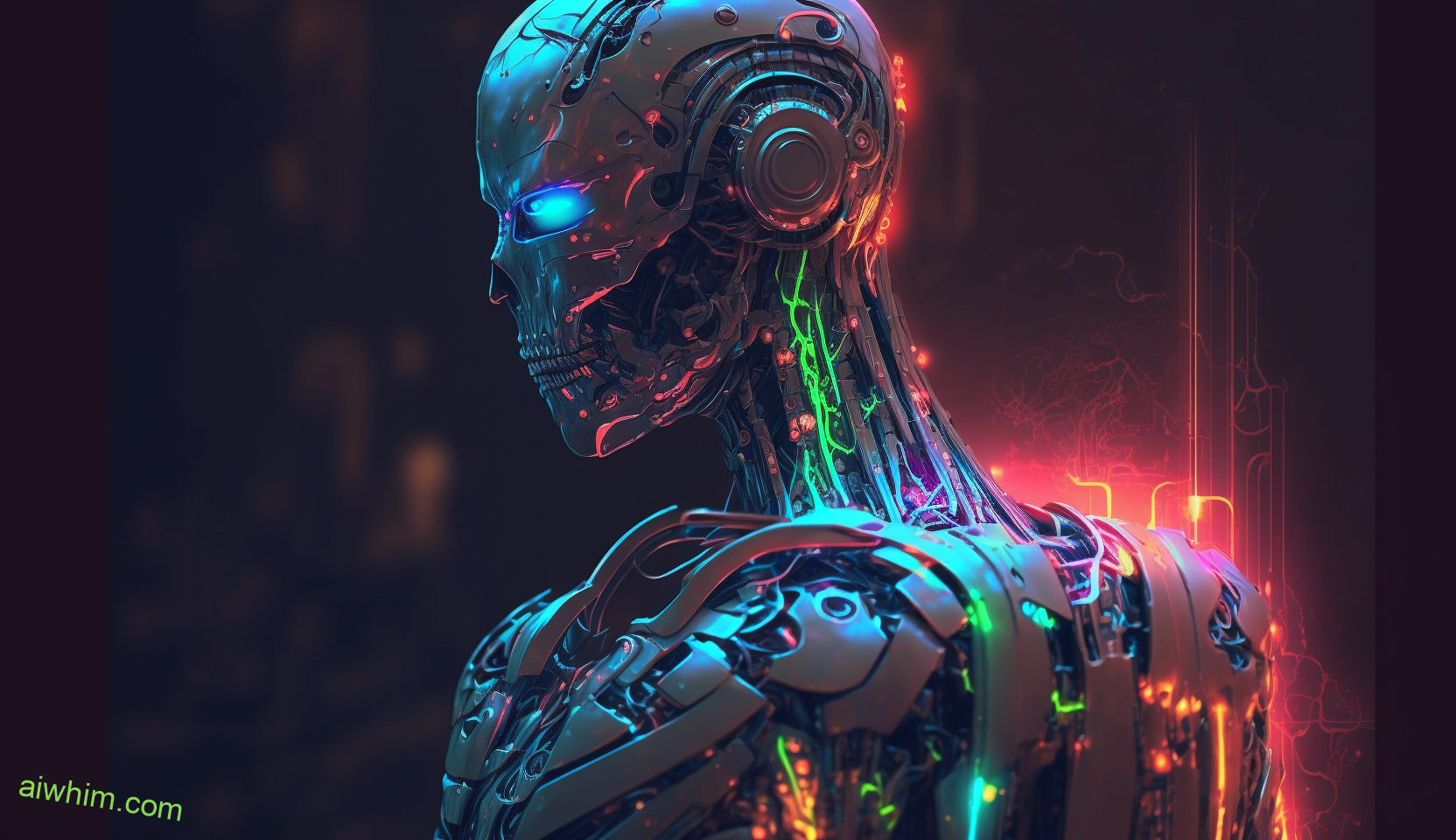
The Impact of AI on Sound Recording
Imagine how much the sound recording industry could be transformed by the integration of AI technology. The impact of AI on music production and audio post-production has the potential to revolutionize the way we create and experience music.
With AI algorithms becoming increasingly sophisticated, they can now analyze vast amounts of data, identify patterns, and make creative decisions in real-time.
One significant role of AI in audio post-production is automating repetitive tasks that were once done by sound engineers. Tasks such as editing, mixing, and mastering can now be streamlined with the help of AI tools. This not only saves time but also allows for greater creativity and experimentation.
AI also plays a crucial role in enhancing music production. For example, AI algorithms can analyze songs from various genres and eras to generate new musical ideas or suggest improvements for existing tracks. This opens up endless possibilities for artists to explore new styles and push boundaries.
Furthermore, AI-powered virtual assistants are becoming increasingly popular among musicians and producers. These assistants can listen to your instructions, understand context, and execute commands accordingly. They can help with tasks like finding specific sounds or instruments within a large library or even assist in generating lyrics or melodies.
However, while AI brings many advantages to the table, it’s important to remember that it should always be used as a tool rather than a replacement for human creativity. The human touch is what gives music its soul and emotion. So as we embrace the power of AI in sound recording, let us not forget our freedom as artists to express ourselves fully through our craft while utilizing these incredible technological advancements at our disposal.
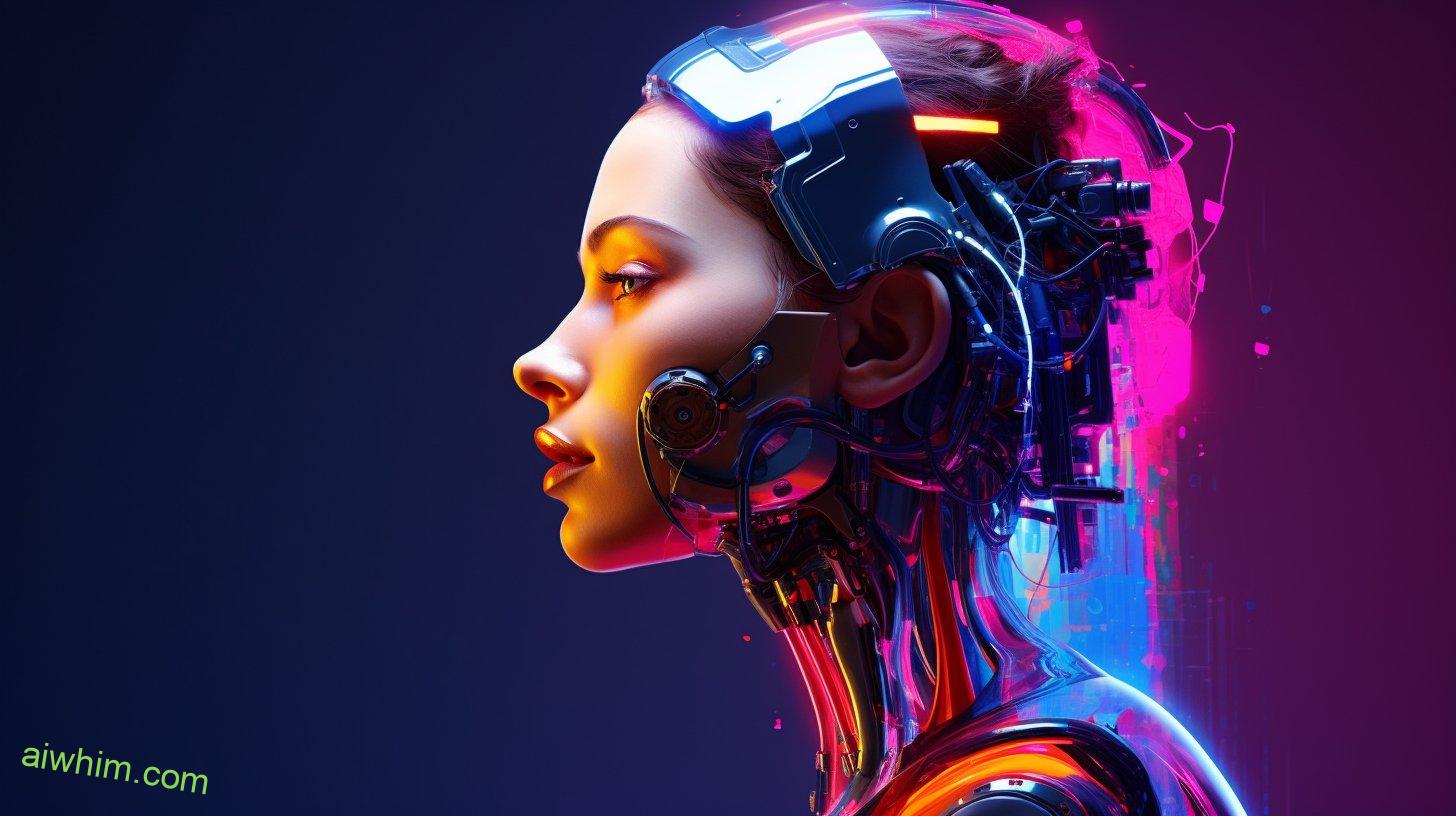
AI Technology Advancements in Sound Mixing
The advancements in AI technology have revolutionized sound mixing, streamlining the process and allowing for greater creativity. With AI-based sound equalization and machine learning in audio mastering, you now have the power to take control of your music like never before.
Gone are the days of spending hours tweaking knobs and adjusting levels. AI technology has stepped in to make your life easier, freeing up your time and mental energy. By analyzing thousands of audio samples, AI algorithms can now automatically adjust EQ settings to achieve the perfect balance between different frequencies. This means that you no longer have to be a sound engineer to achieve professional-quality mixes.
Not only does this save you time, but it also allows for greater experimentation and creativity. With AI handling the technical aspects of sound mixing, you can focus on exploring new sonic landscapes and pushing the boundaries of what is possible. Whether you want a warm vintage sound or a crisp modern feel, AI technology can adapt to your preferences and help you bring your artistic vision to life.
Machine learning in audio mastering takes this even further by fine-tuning every aspect of the mixdown process. From compression to reverb settings, AI algorithms analyze patterns within your tracks and apply intelligent adjustments for optimal results. The result is a polished and professional sound that rivals industry standards.

AI-assisted Sound Editing Techniques
Get ready to experience a new level of precision and efficiency in your sound editing process with the help of AI-assisted techniques. With advancements in technology, AI has stepped into the realm of sound engineering, offering innovative solutions that streamline the editing process and enhance the overall quality of audio production.
Here are three ways AI is revolutionizing sound editing:
- AI-based Sound Synthesis: Say goodbye to spending hours searching for the perfect sound effect. AI algorithms can now analyze vast libraries of audio samples and generate unique sounds based on specific criteria. Whether you need a realistic drum beat or an otherworldly synth melody, AI can create it for you in seconds, freeing up your creativity and saving valuable time.
- Machine-Assisted Audio Mastering: Achieving professional-level audio mastering used to require years of experience and specialized equipment. However, with machine learning algorithms, AI can analyze tracks, identify imperfections, and automatically apply appropriate adjustments to achieve optimal sonic balance. This allows even novice producers to achieve polished results without extensive knowledge or expensive studio gear.
- Intelligent Noise Reduction: Background noise can be a persistent issue in audio recordings, affecting clarity and overall quality. Fortunately, AI-powered noise reduction algorithms can effectively separate unwanted noise from desired audio signals, resulting in cleaner recordings that are easier to work with during post-production.
Incorporating these AI-assisted techniques into your sound editing workflow empowers you with greater control over your creative process while saving time and effort. Embrace this technological advancement as it helps you unleash your artistic freedom without compromising on precision or efficiency.

How AI Is Revolutionizing Sound Design
Embrace the limitless possibilities of AI-assisted sound design as it enhances your creative process and elevates the quality of your audio productions.
With recent AI advancements in music composition and the rise of AI-based virtual sound engineering assistants, you have the freedom to explore new frontiers in sound design.
Imagine having an intelligent collaborator that understands your artistic vision and helps you bring it to life. AI technology has made this a reality. These virtual sound engineering assistants are programmed to analyze audio data, identify patterns, and generate unique compositions. They can effortlessly create melodies, harmonies, and rhythms that complement your ideas, saving you time and expanding your creative palette.
But it doesn’t stop there. AI-assisted sound design goes beyond just composing music. These virtual assistants can also help with mixing and mastering tasks, ensuring that every element in your audio production is perfectly balanced. They can automatically detect noise or imperfections in recordings and apply corrective measures with precision.
By integrating AI into your workflow, you open up a world of possibilities for experimentation and innovation. You can explore different genres, styles, and moods without limitations or fear of failure. The intuitive nature of these virtual assistants allows you to focus on what truly matters – expressing yourself through sound.
So why not embrace this technological revolution? Let AI be your partner in crime as you delve into uncharted territories of creativity. With its assistance, you’ll discover new sounds, push boundaries, and deliver high-quality audio productions that captivate listeners around the world.
The future is yours for the taking – unleash the power of AI-assisted sound design today!
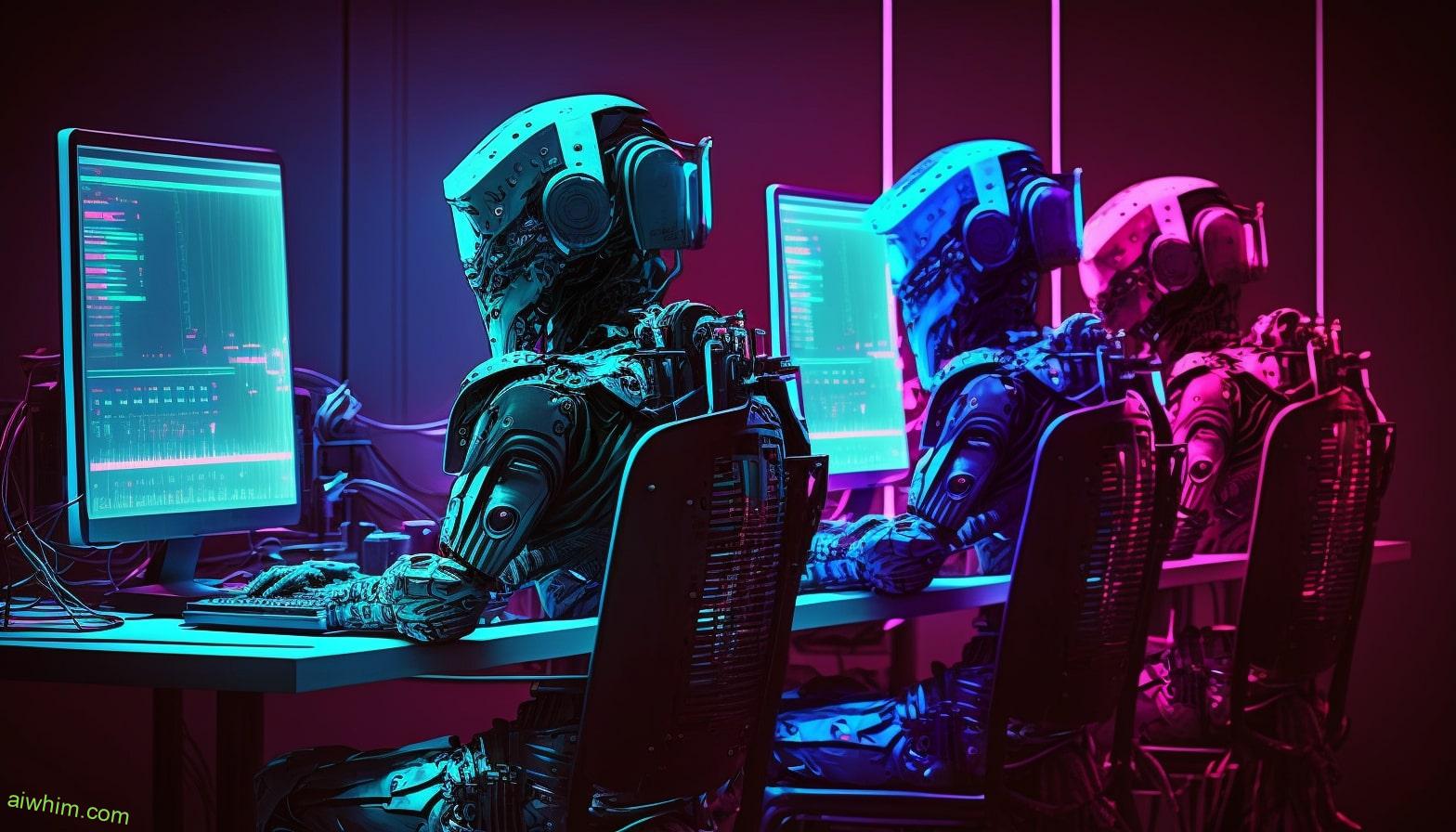
Enhancing Sound Quality With Artificial Intelligence
Integrating AI technology into your audio production workflow can significantly improve the quality of your sound. With the advancements in artificial intelligence, you now have access to powerful tools that can enhance and refine your audio recordings like never before. Here are three ways AI can revolutionize your audio production process:
- AI for noise cancellation: Tired of dealing with unwanted background noise in your recordings? AI-powered algorithms can intelligently identify and remove background noise, ensuring that your final product is clean and professional-sounding. Whether it’s eliminating hums, hisses, or even echoes, AI can help you achieve crystal-clear audio.
- AI for audio enhancement: Want to give your recordings a polished and professional touch? AI algorithms can analyze and enhance various aspects of your sound, such as tonal balance, dynamics, and spatial imaging. By leveraging machine learning techniques, these algorithms learn from vast amounts of data to automatically optimize the quality of your audio.
- AI for intelligent mixing: Mixing tracks is a crucial part of the audio production process but can be time-consuming and technically challenging. However, with AI-assisted mixing tools, you can automate certain tasks while still retaining creative control over the final mix. These tools use advanced algorithms to analyze individual tracks, suggest optimal levels and panning positions, and even create custom presets based on genre or style.

AI Tools for Sound Restoration and Remastering
With AI tools, you can easily restore and remaster old audio recordings to improve their quality. Whether you have cherished family recordings or vintage music tracks, AI applications in sound restoration offer a convenient solution for enhancing the audio experience. Thanks to advanced algorithms and machine learning techniques, AI tools for audio enhancement are becoming increasingly popular among those who value freedom and autonomy in their creative endeavors.
These AI applications allow you to bring new life to old recordings by reducing background noise, removing pops and clicks, and enhancing overall clarity. The process is simple and user-friendly – just upload your audio file to the AI tool of your choice, and let it work its magic. You don’t need any technical expertise or extensive training; the AI algorithms take care of all the complex tasks behind the scenes.
Imagine being able to rediscover lost conversations with loved ones or revitalize rare musical performances from decades ago. With AI tools for sound restoration, these possibilities become a reality. You have the power to reclaim forgotten moments and breathe new life into them.
Furthermore, with the freedom that comes from using these AI applications, you can unleash your creativity without limitations. Experiment with different settings and adjustments until you achieve the desired result. The intuitive interfaces of these tools make it easy for anyone to become a sound engineer themselves.
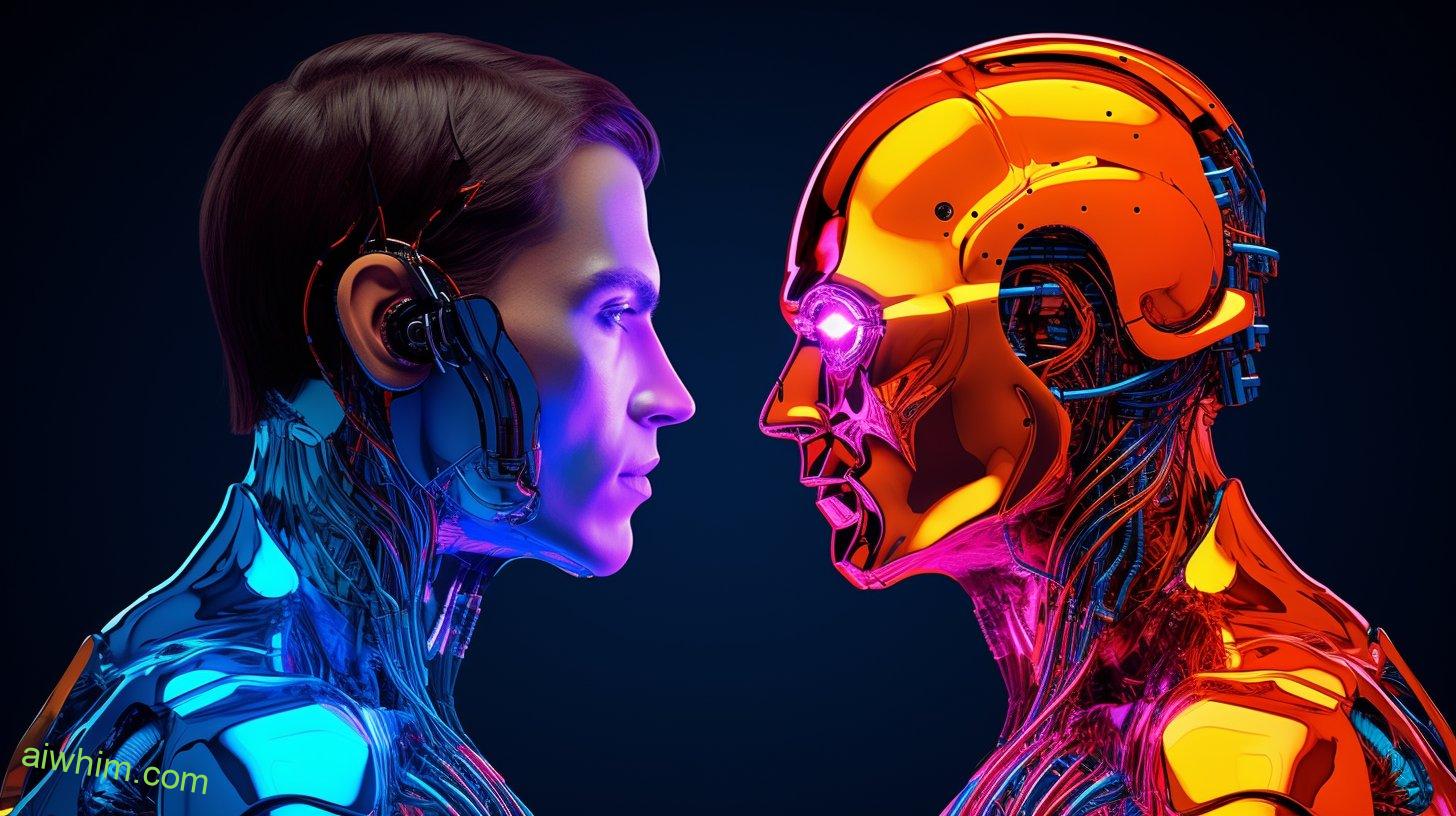
The Role of Machine Learning in Sound Engineering
Imagine how machine learning techniques can revolutionize the way you approach sound engineering. This technology allows you to tap into a world of endless possibilities for audio manipulation. With advancements in artificial intelligence and the integration of AI in audio post-production, machine learning is becoming an indispensable tool for music producers and sound engineers.
Here’s how machine learning is transforming the field:
- Enhanced Audio Processing: Machine learning algorithms can analyze vast amounts of audio data to identify patterns and extract meaningful information. This enables you to optimize your audio recordings, removing noise or unwanted artifacts, and enhancing the overall quality of your tracks.
- Intelligent Mixing and Mastering: Traditionally, mixing and mastering are subjective processes that require human judgment. However, with machine learning, AI models can be trained using millions of professionally mixed tracks to learn from expert engineers’ decisions. This empowers you with intelligent tools that can assist or even automate parts of these processes while maintaining creative control.
- Creative Sound Design: Machine learning allows for innovative approaches to sound design by generating new sounds based on existing ones or creating entirely unique sonic textures. By training AI models on a large database of sounds, you can explore novel combinations and experiment with unconventional effects, opening up a world of creative possibilities.
With machine learning in music production and AI in audio post-production, you have the freedom to push boundaries and discover new ways to manipulate sound. These technologies not only streamline traditional sound engineering processes but also unlock untapped potential for artistic expression within the realm of audio production.
Embrace this technological revolution and harness its power to elevate your musical creations like never before!
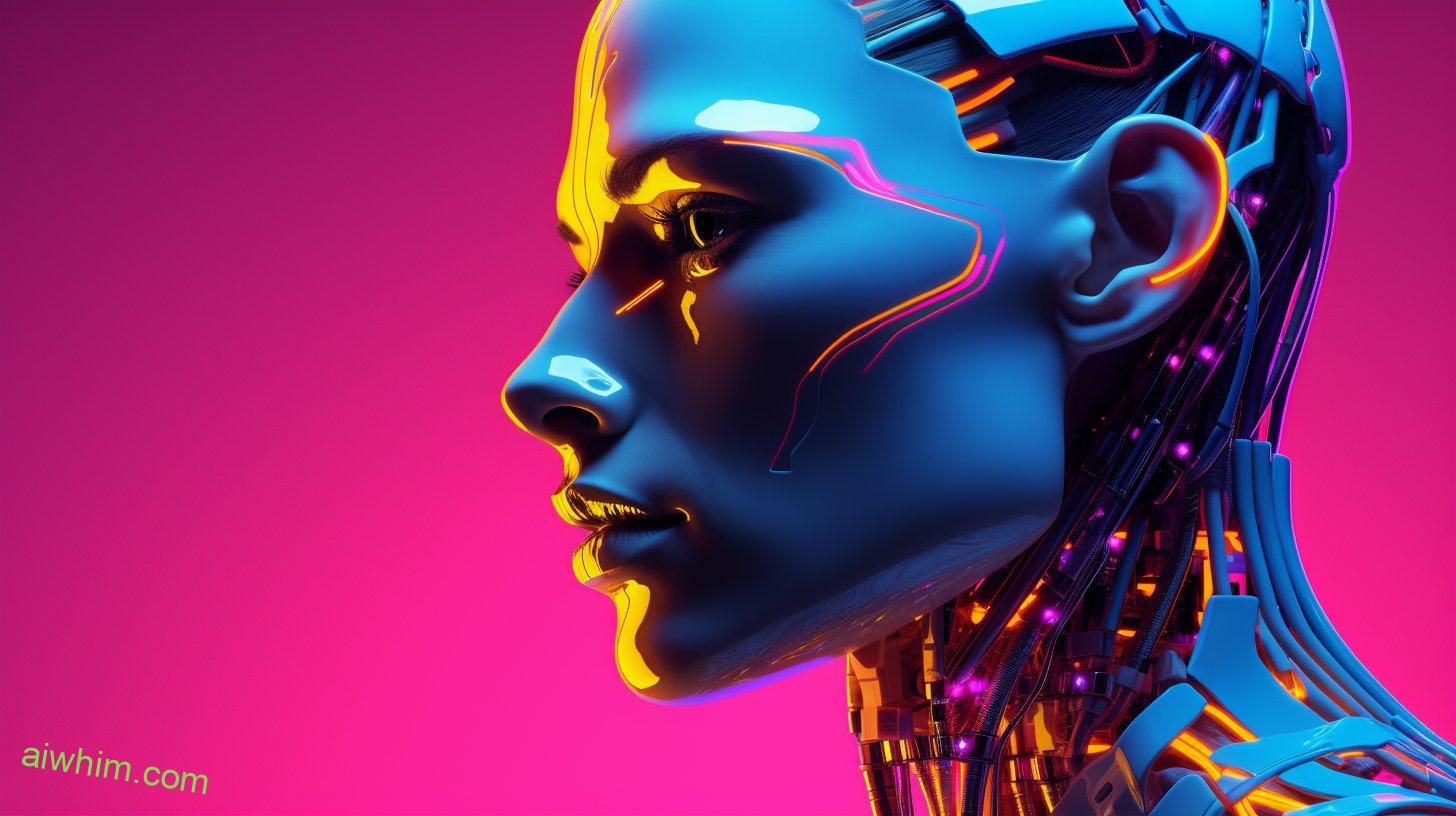
AI-driven Innovations in Live Sound Production
By leveraging AI-driven innovations, live sound production can be revolutionized and offer a whole new level of immersive audio experiences. Imagine attending a concert where every note, every beat, and every word is perfectly balanced, creating an enchanting symphony that resonates through your entire being. This is the future of AI in sound engineering.
AI driven innovations in live sound production are paving the way for unprecedented advancements in this field. With machine learning algorithms and deep neural networks, AI can analyze and process audio signals in real-time, allowing for automatic adjustments to optimize sound quality. From large-scale concerts to intimate gigs, AI technology can ensure that the audience receives the best possible listening experience.
One exciting application of AI in live sound production is intelligent mixing. By using data from previous performances and analyzing various factors like venue acoustics and crowd response, AI algorithms can automatically adjust volume levels, equalization settings, and even spatial positioning of instruments to create a flawless mix tailored to each specific performance.
Furthermore, by incorporating natural language processing capabilities into AI systems, it becomes possible for sound engineers to control various aspects of the live sound production process simply by using voice commands or intuitive interfaces. This level of automation not only streamlines the workflow but also gives creative professionals more freedom to focus on artistic expression rather than technicalities.
The future of AI in sound engineering holds immense potential for transforming live sound production as we know it. As these AI-driven innovations continue to evolve and improve over time, we can expect more personalized and immersive audio experiences that connect artists with their audiences on a deeper level. So get ready to embark on a sonic journey like never before – where technology unlocks new dimensions of musicality and freedom reigns supreme.

Automated Sound Mixing: Pros and Cons
Now that we’ve explored the AI-driven innovations in live sound production, let’s dive into the pros and cons of automated sound mixing. As a freedom-seeking individual, it’s important to understand both the limitations and ethical implications of this emerging technology.
- Limitations:
- While automated sound mixing offers convenience and efficiency, it does have some limitations that may impact the quality of the final product.
- AI algorithms might struggle to accurately interpret subjective elements such as artistic intent or emotional nuances conveyed through music.
- These algorithms rely heavily on pre-existing data sets, which means they may not adapt well to new genres or unconventional styles.
- Automated systems lack human intuition and improvisation skills that seasoned sound engineers possess.
- Ethical Implications:
- The rise of automation raises important ethical questions within the field of sound engineering.
- Is it fair to replace skilled professionals with machines? Will this lead to job losses?
- There’s a concern about creative control – will artists relinquish their authority over their own work if they rely solely on automated systems?
- Issues related to data privacy and ownership arise when using AI-powered tools for sound mixing.
- The Future Balance:
- As advancements in technology continue, finding a balance between automation and human involvement becomes crucial.
- An ideal scenario would be one where these technologies are used as tools to enhance creative expression rather than replace it entirely.
- This way, artists can maintain their artistic integrity while benefiting from the efficiency and convenience offered by automated sound mixing.
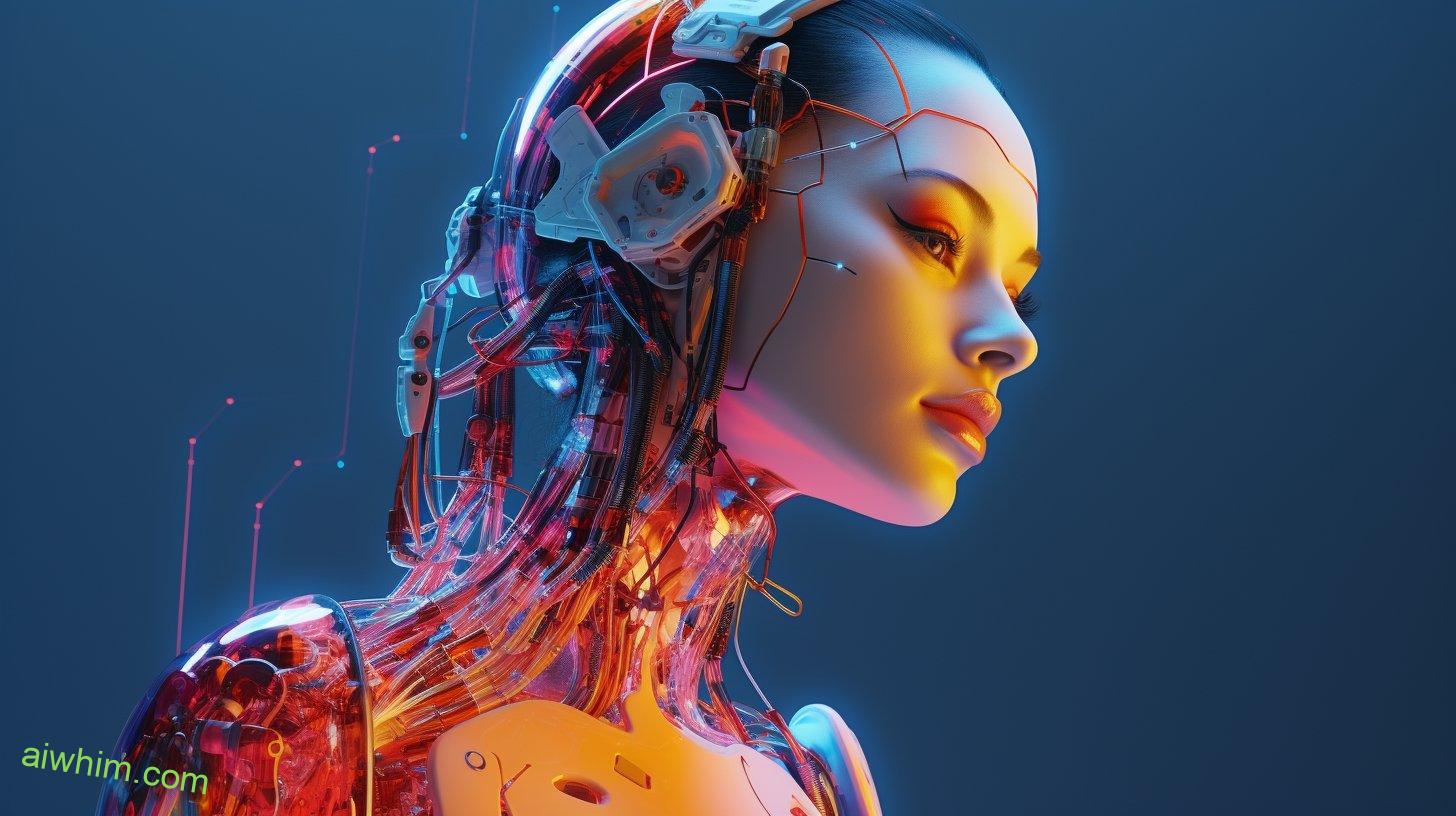
The Future of Sound Engineering With AI
As you explore the future of sound engineering with AI, you’ll discover a world where technology enhances creative expression and pushes the boundaries of what is possible in music production. AI advancements in music production have revolutionized the way we create and manipulate sounds. With AI, sound synthesis and composition have become more accessible than ever before.
Imagine being able to generate unique musical compositions at the touch of a button. AI algorithms can analyze vast amounts of data and learn patterns, allowing them to compose original pieces that capture the essence of different genres or even blend multiple styles together. This opens up a world of possibilities for musicians who desire freedom in their artistic expression.
Furthermore, AI can assist sound engineers in refining audio quality. Through machine learning techniques, algorithms can automatically detect and remove unwanted noise or enhance specific elements within a mix. This not only saves time but also empowers artists to focus on their creative vision without getting bogged down by technical details.
AI also offers exciting opportunities for real-time collaboration. Imagine jamming with an intelligent virtual bandmate who responds to your every move, adapting its playing style based on your input. With AI’s ability to understand and interpret musical gestures, it becomes an invaluable companion for musicians seeking new avenues of exploration.
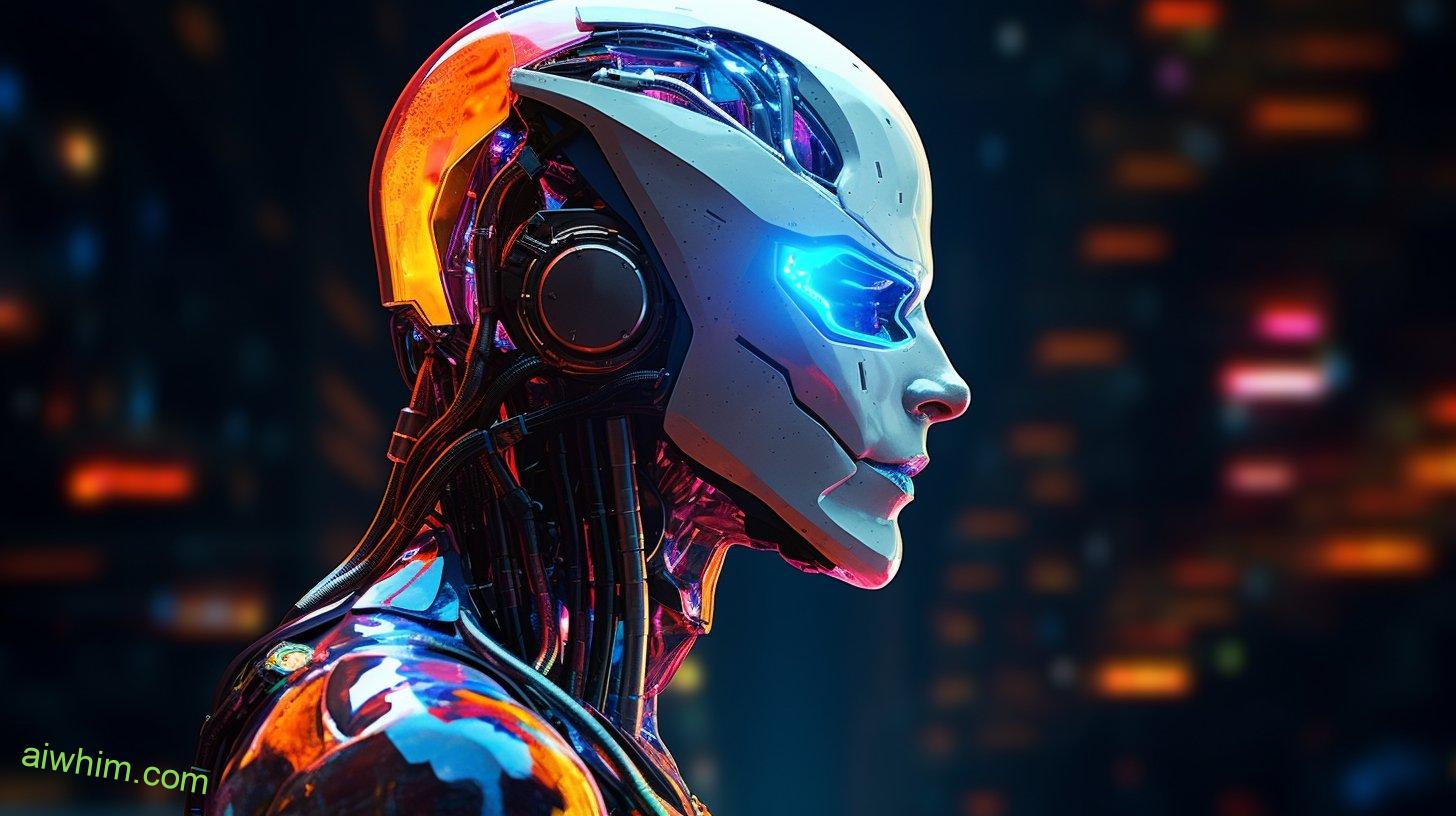
AI-powered Sound Effects Generation
Imagine being able to effortlessly generate a wide range of realistic sound effects using AI-powered technology. With advancements in AI-based music composition and virtual sound engineers, the possibilities are endless. Here’s how this technology can empower you to create the perfect soundscape:
- Unleash Your Creativity: AI-powered sound effects generation allows you to explore new horizons and experiment with sounds that were previously out of reach. Whether you’re working on a film, video game, or music production, you can easily access a vast library of high-quality sound effects and customize them to suit your vision. This freedom enables you to bring your creative ideas to life without limitations.
- Save Time and Effort: Gone are the days of manually searching for specific sound effects or spending hours tweaking settings to achieve the desired result. With AI at your fingertips, generating realistic sound effects becomes effortless. You can simply input a description or reference audio, and the AI algorithm will analyze it to produce accurate and tailored results in no time.
- Enhance Collaboration: Virtual sound engineers powered by AI allow for seamless collaboration between artists, producers, and designers from different locations. This technology facilitates real-time feedback and adjustments, ensuring that everyone is on the same page when it comes to creating immersive auditory experiences.

AI in the Field of Sound Analysis and Recognition
With advancements in technology, AI is revolutionizing the field of sound analysis and recognition. It’s time to embrace a new era where machines can help you understand and manipulate sounds like never before.
AI applications in audio production are making it easier for you to identify, categorize, and modify various types of sounds with just a few clicks.
Gone are the days when you had to rely solely on your ears and experience as a sound engineer. Now, thanks to AI-driven sound recognition, you have access to powerful tools that can analyze audio files in seconds. Whether it’s identifying different instruments in a track or detecting background noise in a recording, AI algorithms can do it all with remarkable accuracy.
Imagine being able to isolate vocals from an instrumental track effortlessly or automatically cleaning up unwanted noise from an interview recording. These are just some examples of how AI is transforming the way we work with audio. With its ability to process large amounts of data quickly, AI enables us to save time and achieve better results.
Moreover, these advancements in sound analysis and recognition empower individuals who desire freedom by democratizing access to professional-grade audio editing tools. You no longer need expensive equipment or years of training; all you need is a computer and some basic knowledge of audio production.
So why not embrace this technological revolution? Let AI be your ally in the world of sound engineering – helping you unlock creativity and efficiency like never before.
Explore the vast possibilities that AI applications bring to audio production, and let your imagination soar as you harness its power for your artistic endeavors. The future is here – the choice is yours!
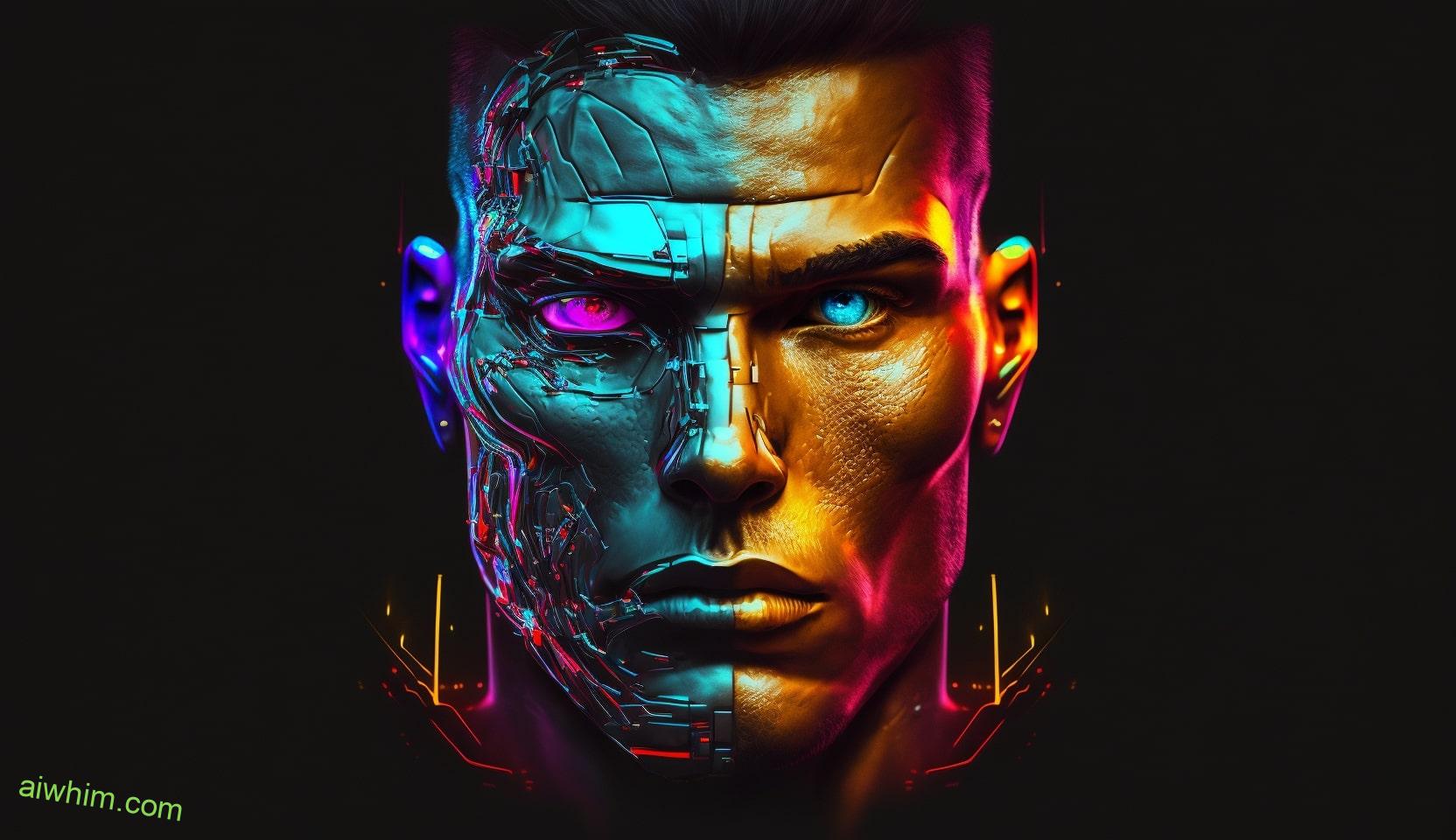
Challenges and Limitations of AI in Sound Engineering
Now that you understand how AI is being used in the field of sound analysis and recognition, let’s explore the challenges and limitations it faces in sound engineering.
While AI has made significant strides in this area, it still has some hurdles to overcome.
- Complex Soundscapes: AI struggles with accurately capturing and understanding complex soundscapes. It may have difficulty distinguishing between overlapping sounds or accurately replicating intricate audio effects.
- Subjectivity: Sound engineering often involves making creative decisions based on personal preferences and artistic vision. AI, as advanced as it may be, lacks the ability to interpret emotions or make subjective choices like a human would.
- Adaptability: Audio production can involve unexpected situations or unique requirements that require quick thinking and adaptability. AI algorithms are limited by their pre-programmed capabilities and may struggle to handle unforeseen challenges effectively.
To overcome these limitations, audio engineers must work alongside AI systems rather than relying solely on them. Combining the precision and efficiency of AI with human creativity allows for greater flexibility and better results in sound engineering projects.
Additionally, ongoing research and development are crucial to improving AI’s impact on sound engineering. By refining algorithms, expanding datasets, and training models on diverse audio sources, we can enhance their ability to analyze complex soundscapes accurately.
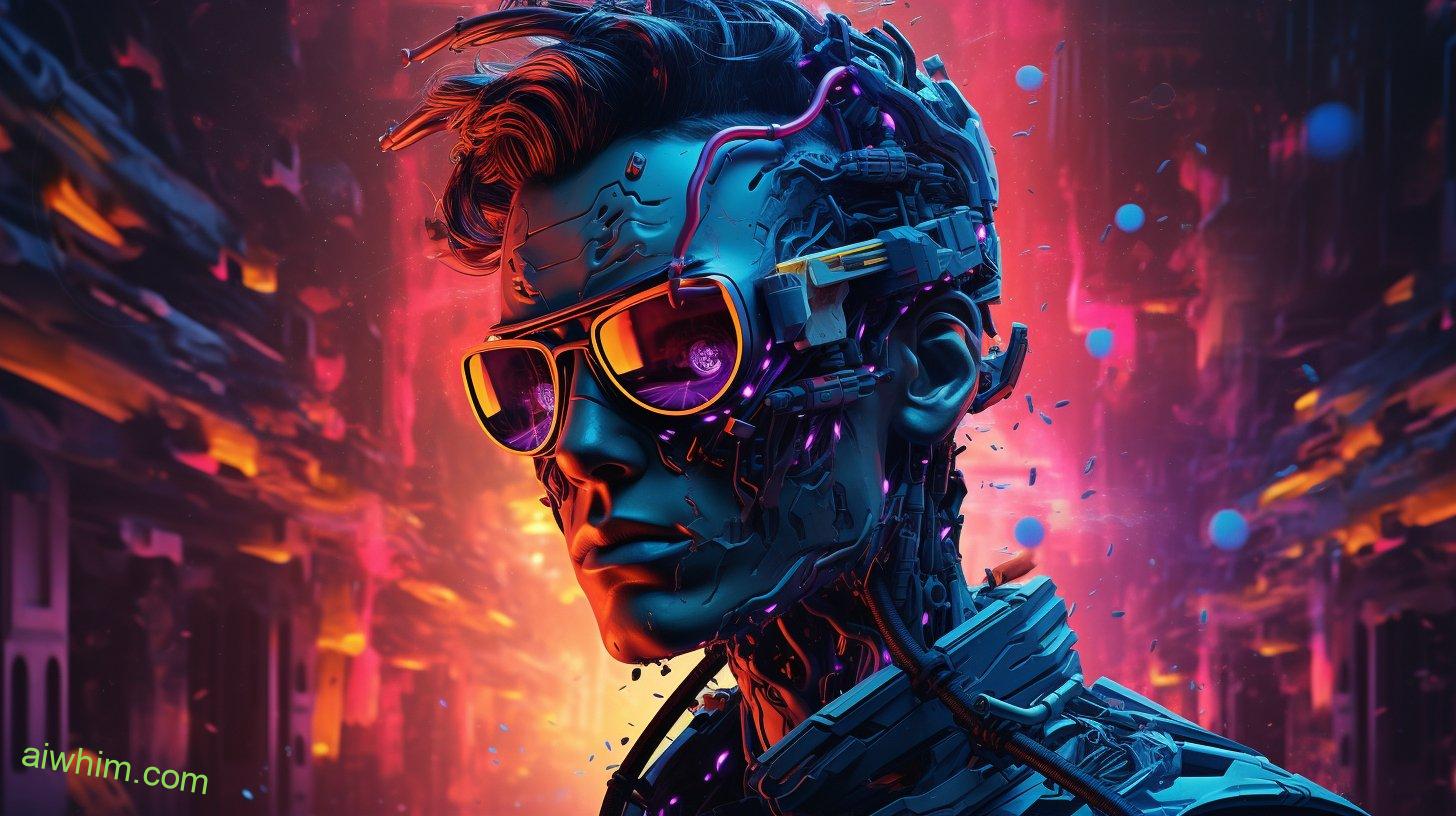
Exploring the Ethics of AI in Sound Production
As technology continues to advance, it is essential to discuss the ethical implications surrounding the use of AI in sound production. With the rapid development of artificial intelligence, it is becoming increasingly common for AI systems to be used in various fields, including sound engineering.
However, as we embrace this new technology, it is crucial to consider the ethical considerations that arise when utilizing AI-powered systems in sound production.
One key ethical consideration in AI-powered sound production is the potential impact on job opportunities for human sound engineers. While AI can perform many tasks efficiently and accurately, there are concerns about whether this technology will replace human workers entirely. It is important to find a balance between utilizing AI’s capabilities while still valuing and preserving human expertise and creativity.
Another significant societal impact of AI in the field of sound engineering relates to privacy and data security. As AI systems collect vast amounts of data regarding user preferences and behavior patterns, there arises a concern about how this information is stored and utilized. Ensuring that user data remains secure and protected from misuse or unauthorized access becomes paramount.
Furthermore, there may also be potential biases embedded within AI algorithms used in sound production. These biases can inadvertently perpetuate stereotypes or discriminate against certain individuals or groups based on factors such as gender or ethnicity. Careful monitoring and regulation are necessary to ensure fairness and equality when using AI technologies.
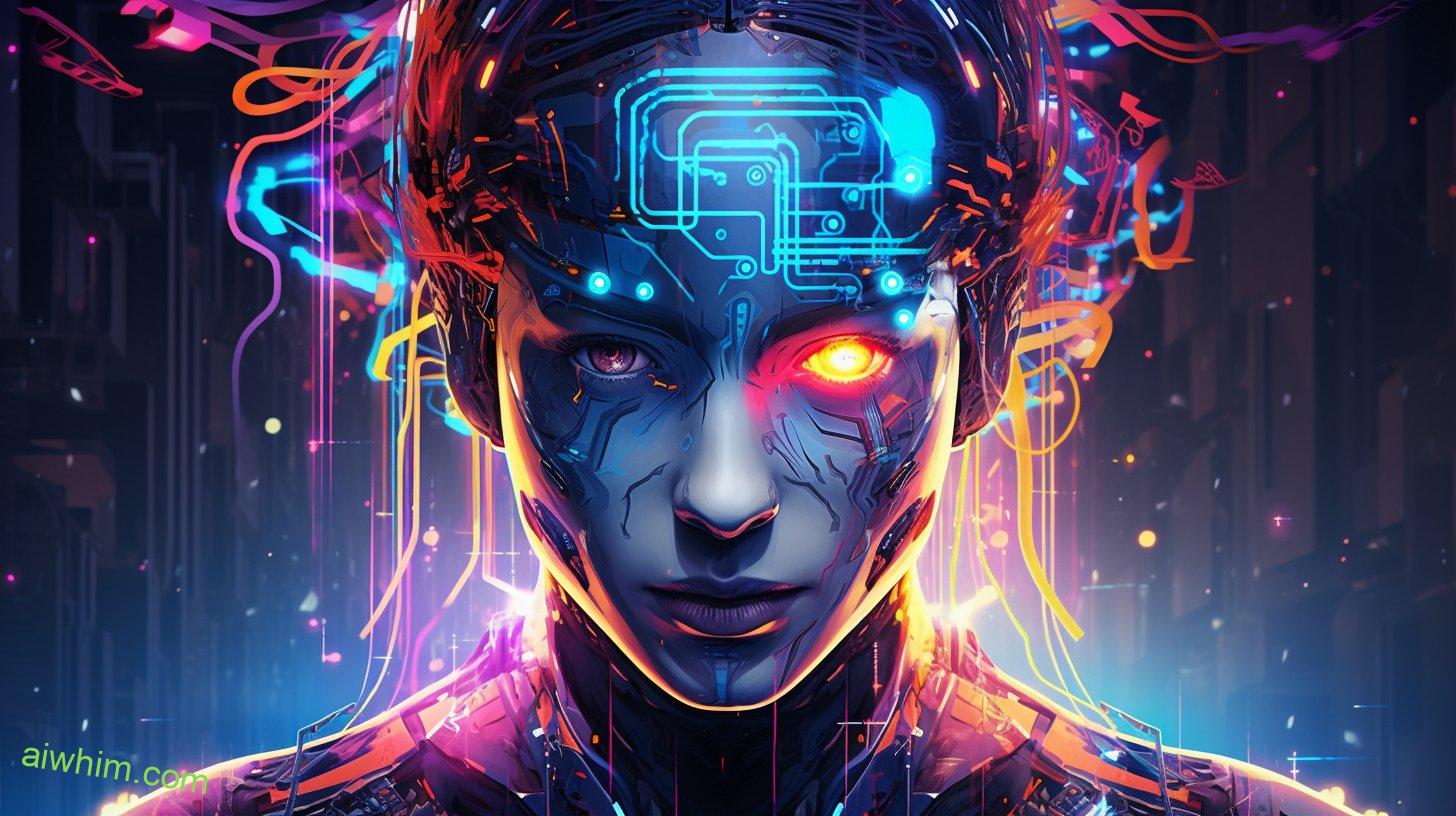
Frequently Asked Questions
How Does AI Technology Impact the Creative Process of Sound Engineers?
AI technology is revolutionizing the creative process of sound engineers. With AI-assisted techniques, the future of sound editing looks promising. Embrace this innovation and enjoy the freedom it brings to your artistic expression.
What Are Some Examples of AI-Assisted Sound Editing Techniques?
AI can assist sound engineers by using techniques like speech recognition, noise reduction, and automatic mixing. With AI in sound engineering, you have the freedom to focus on creativity while enjoying the benefits of efficient and precise editing.
How Does Machine Learning Contribute to the Role of Sound Engineers?
Machine learning in sound engineering has greatly advanced, with AI now playing a significant role in audio production. These advancements offer you the freedom to explore new possibilities and make your sound engineering process more efficient and creative.
What Are the Potential Drawbacks of Using Automated Sound Mixing Powered by AI?
Automated sound mixing powered by AI has potential drawbacks. It may lack the creativity and intuition of human sound engineers, limiting its ability to adapt to unique situations and produce truly dynamic and artistic mixes.
How Does AI Technology Enhance the Field of Sound Analysis and Recognition?
AI advancements in sound analysis and recognition have greatly enhanced the field. Machine learning techniques enable AI to recognize sounds and assist in editing, impacting the creative process of engineers. However, potential drawbacks exist with AI-assisted sound mixing.
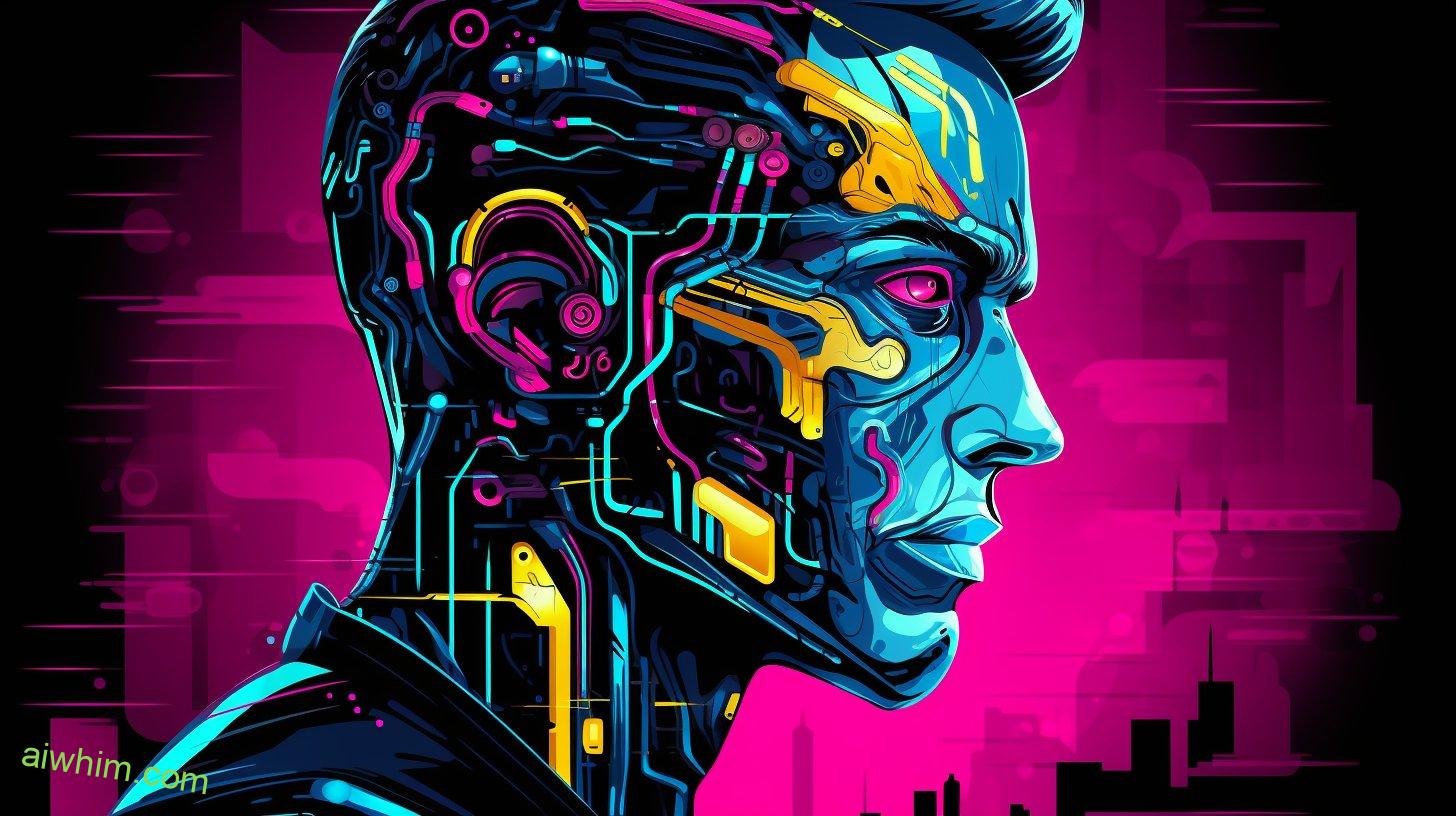
Conclusion
So, there you have it, the future of sound engineering is in the hands of AI. With its ability to revolutionize sound recording, mixing, editing, design, effects generation, and analysis, AI is set to take over the role of sound engineers.
But as with any technological advancement, there are challenges and limitations that need to be addressed. As we step into this brave new world of AI in sound production, we must also explore the ethics behind it. Will AI truly be able to replace human creativity and intuition?
Only time will tell.

